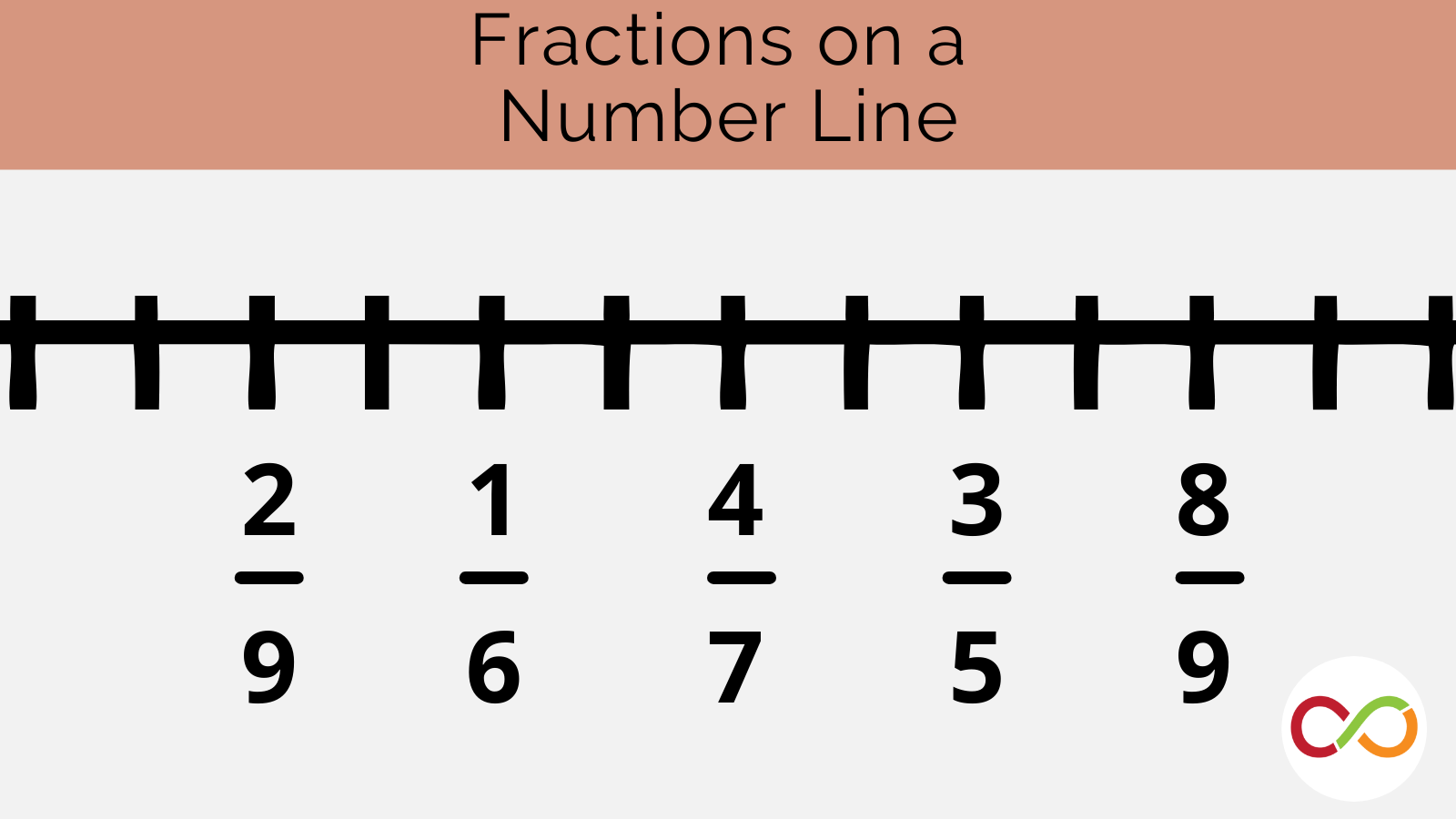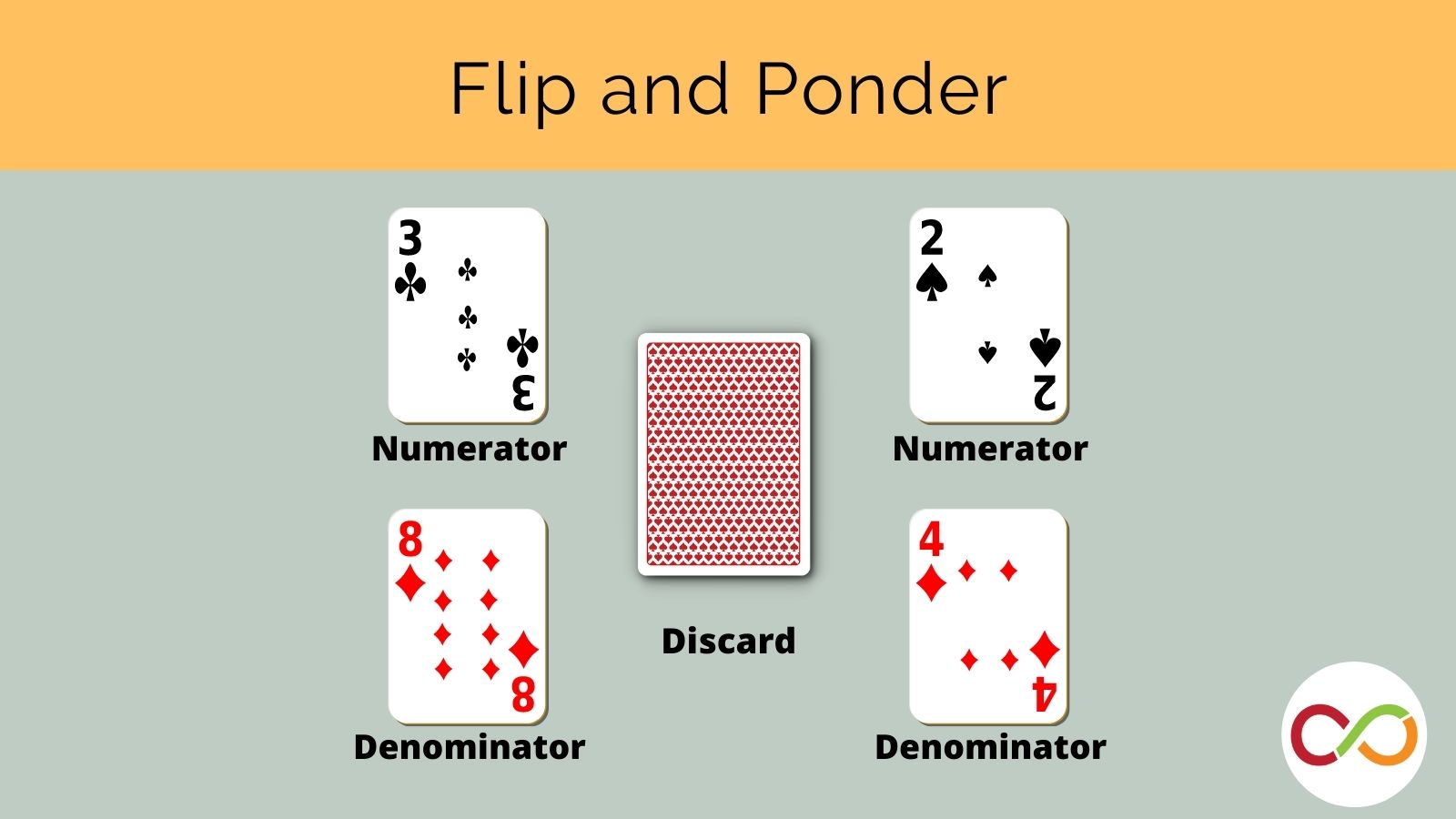Fraction War
Age group
- Junior/Intermediate (Age 9 to 12)
Curriculum Goal
Junior: Number Sense
Compare and order fractions (i.e., halves, thirds, fourths, fifths, tenths) by considering the size of the numerator and denominator.
Related Links
Context
- Students work in pairs, either in class or in breakout rooms on a video conference chat.
- Students should have prior experience with conceptual properties of fractions, including equivalent fractions.
Materials
Lesson
- Distribute the deck of fraction cards between all players.
- Each player turns over a fraction card.
- Players say the names of their fraction cards out loud and the player with the greatest fraction takes all four cards.
- Players can determine who has the greatest fraction by finding the common denominator or using visual aids.
- If two players have equivalent greatest fractions, each player is dealt three more cards (similar to the game W-A-R) and the fourth card is flipped. The player with the greater fraction collects all outstanding cards.
- Play continues until one player has collected all cards.
Look Fors
- Can students determine the value of the fractions on their cards?
- Can students determine whether fractions are equivalent?
- What strategies do students implement to determine the value of the fractions?
Extension
- The player with the smallest fraction wins.
- Add certain types of fractions to the deck to reinforce those fractions (equivalent fractions, simple fractions, mixed fractions, improper fractions).
- Students turn over two fraction cards and add or subtract the fractions. The student with the greatest sum or difference wins the round.
Created by Yara Salloum. Adapted by The Robertson Program.

